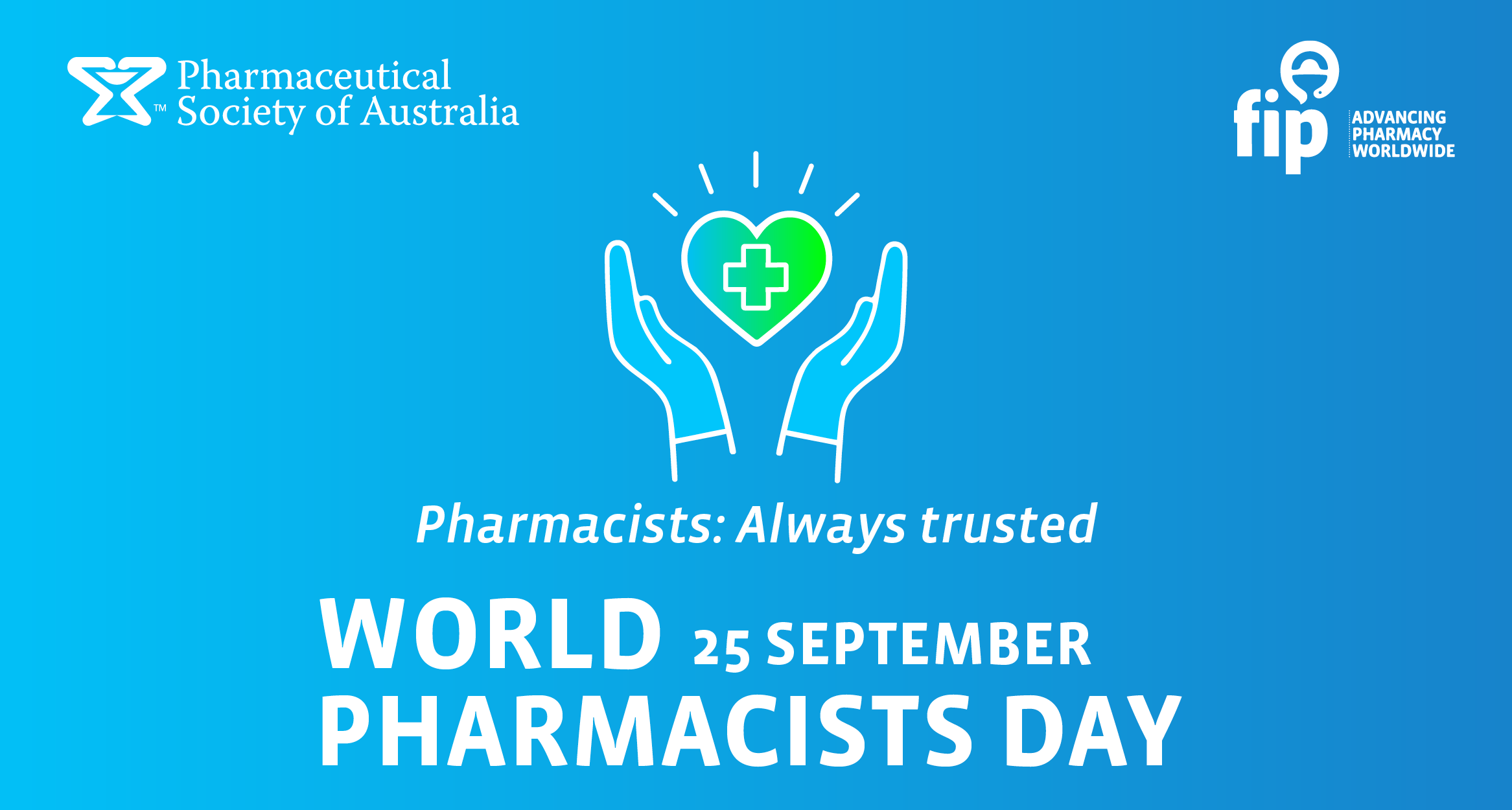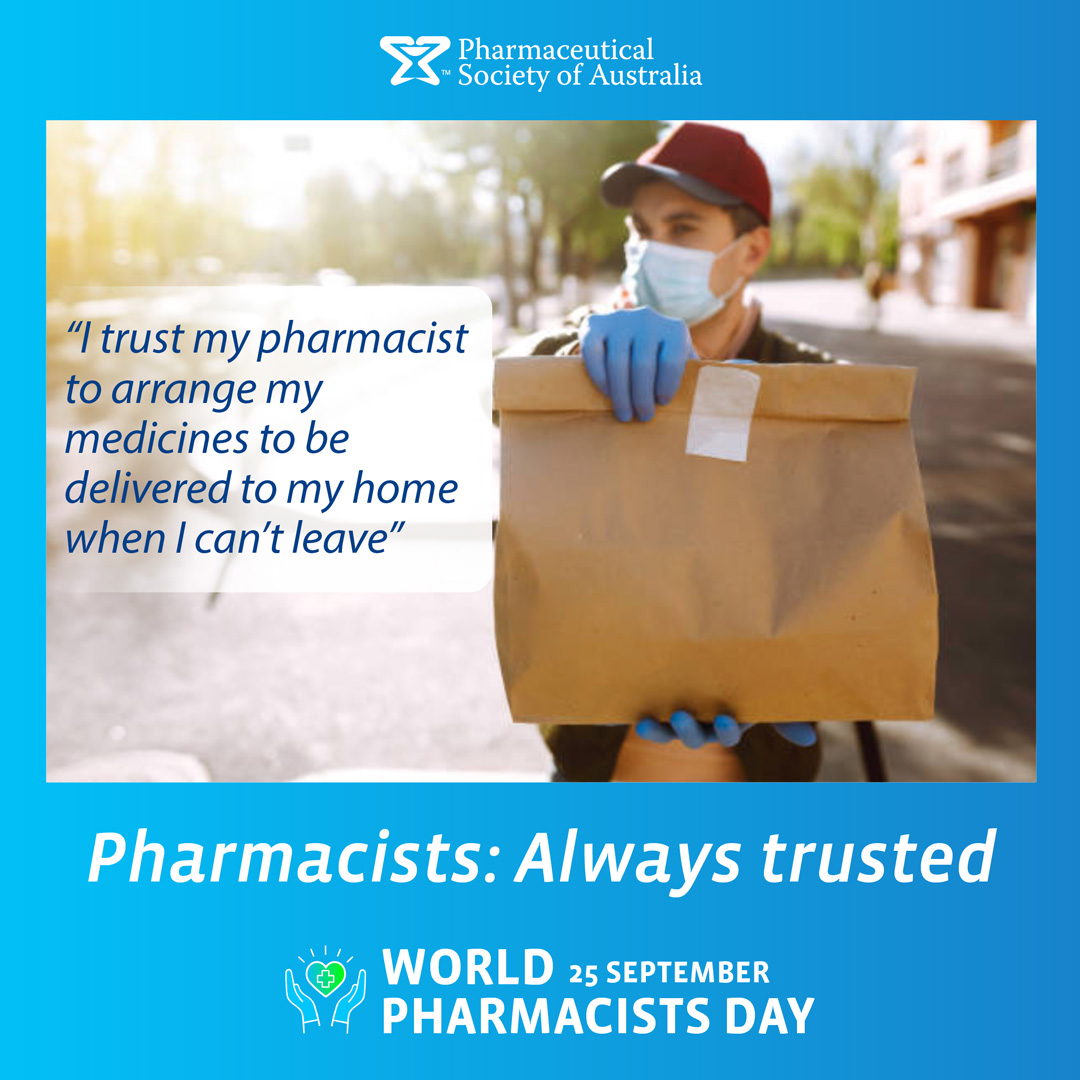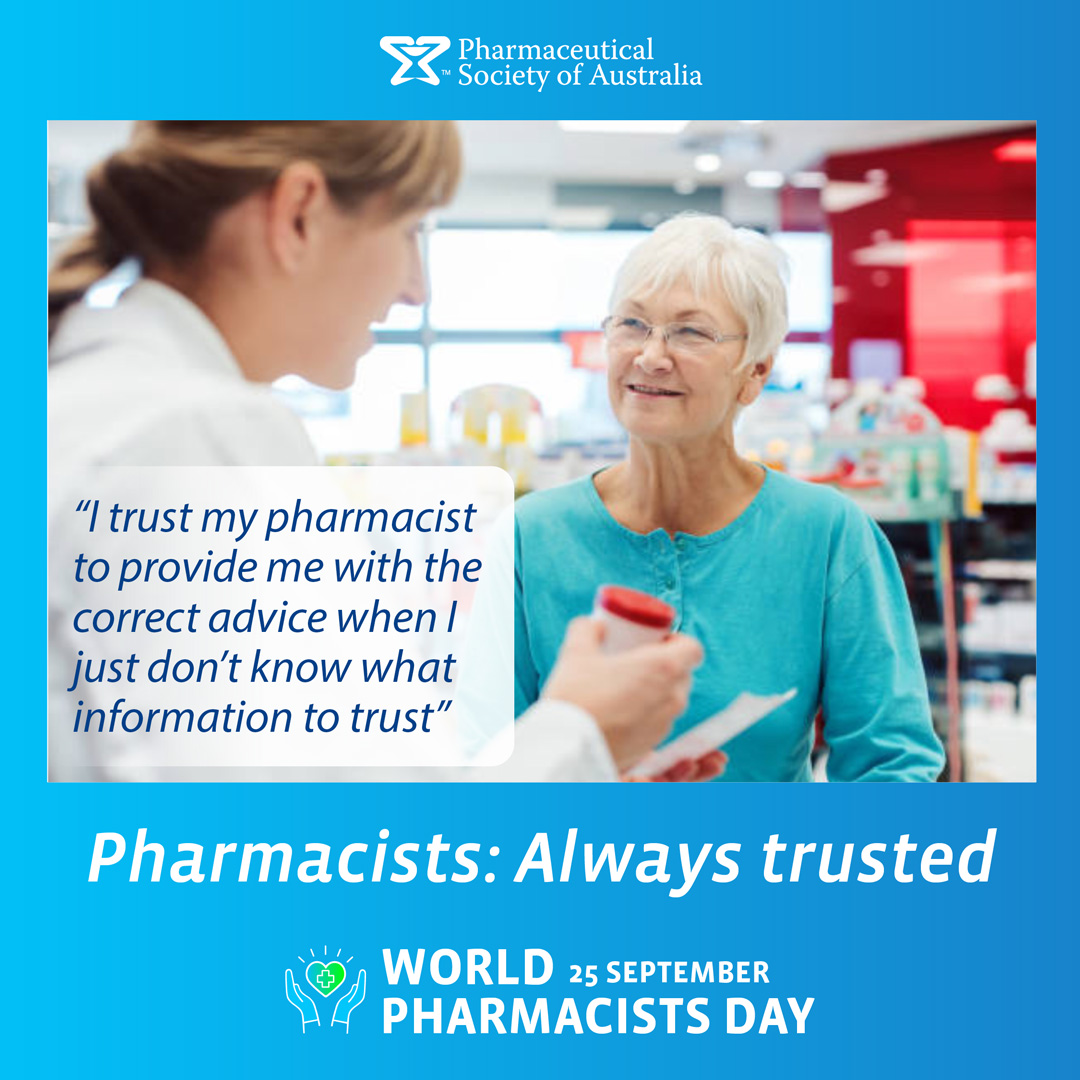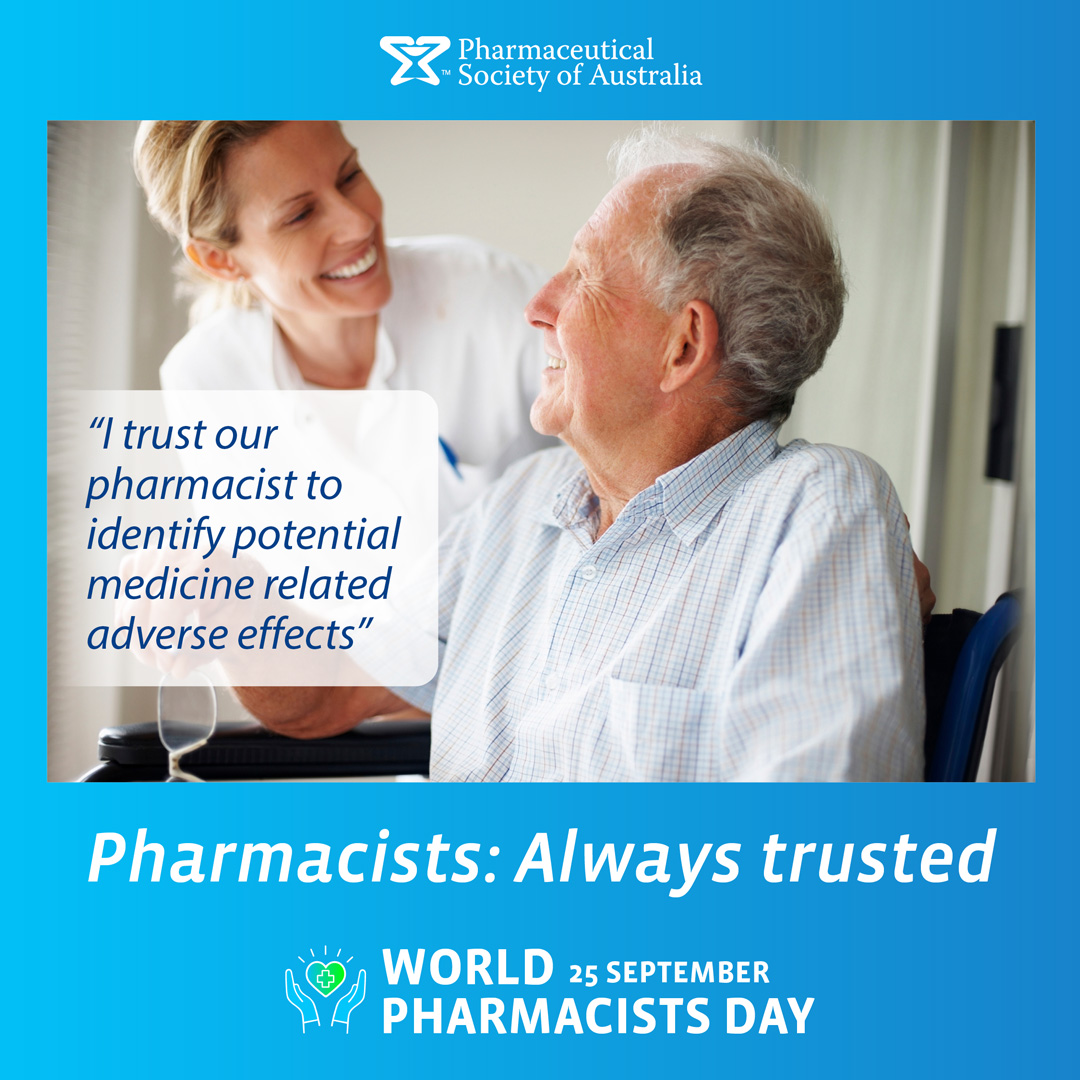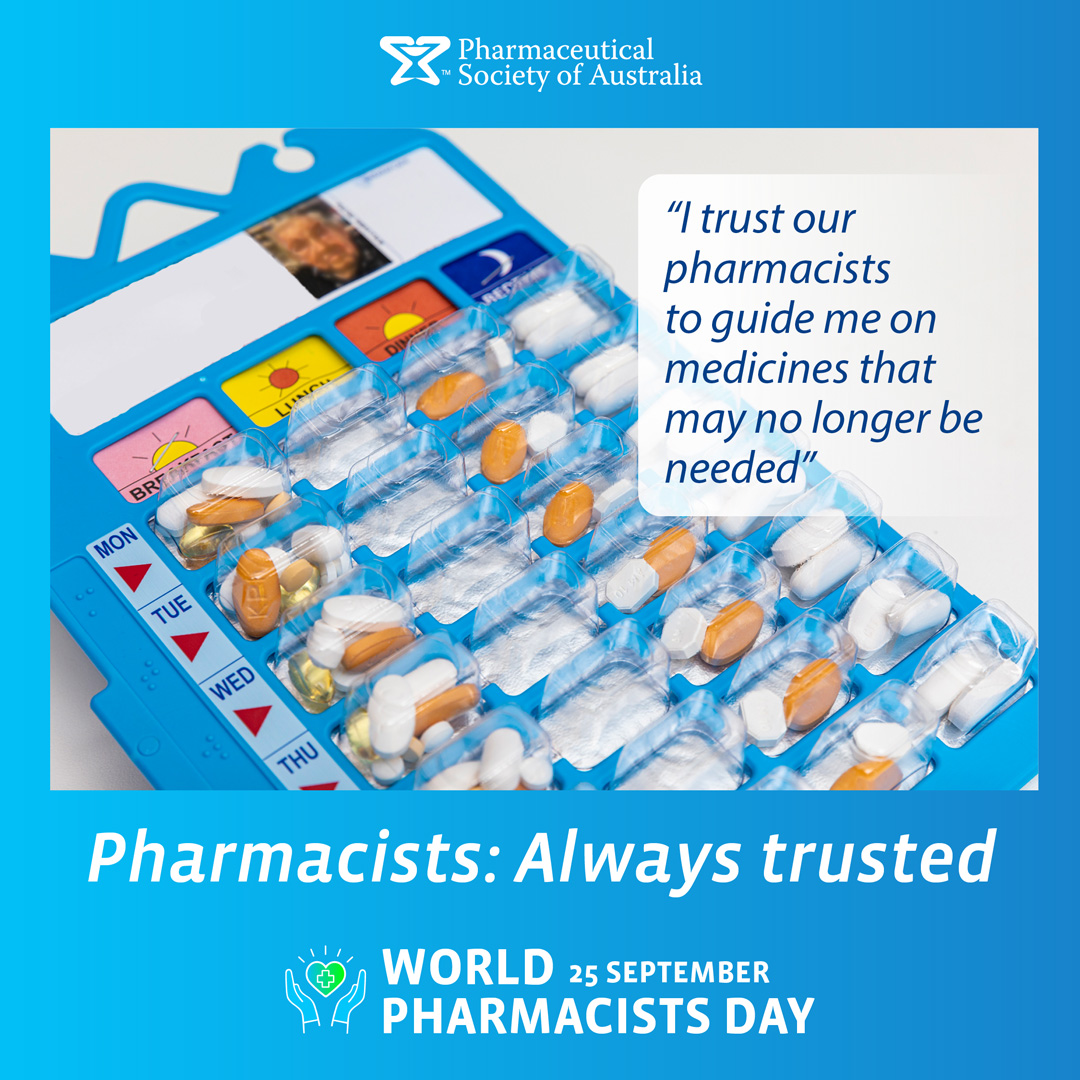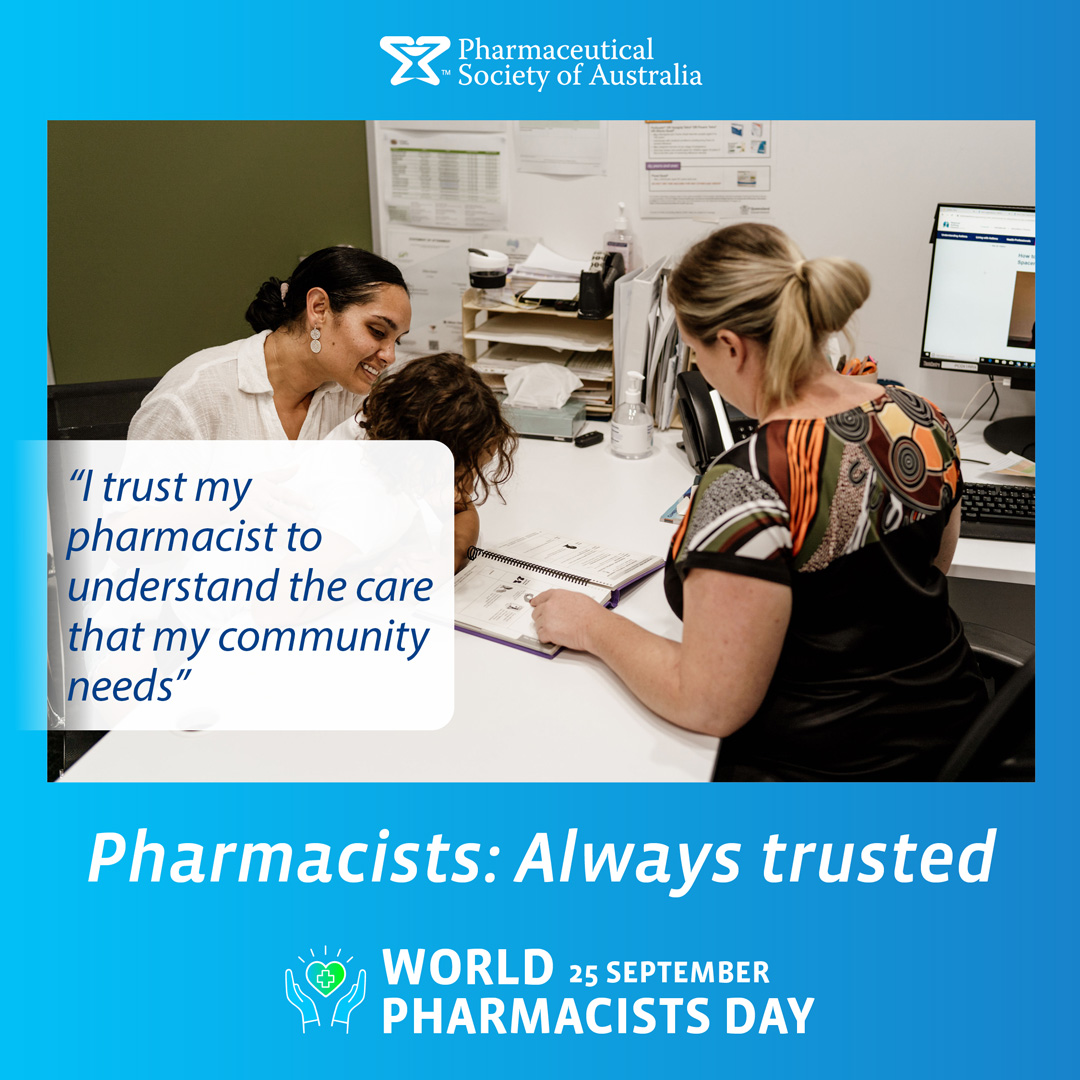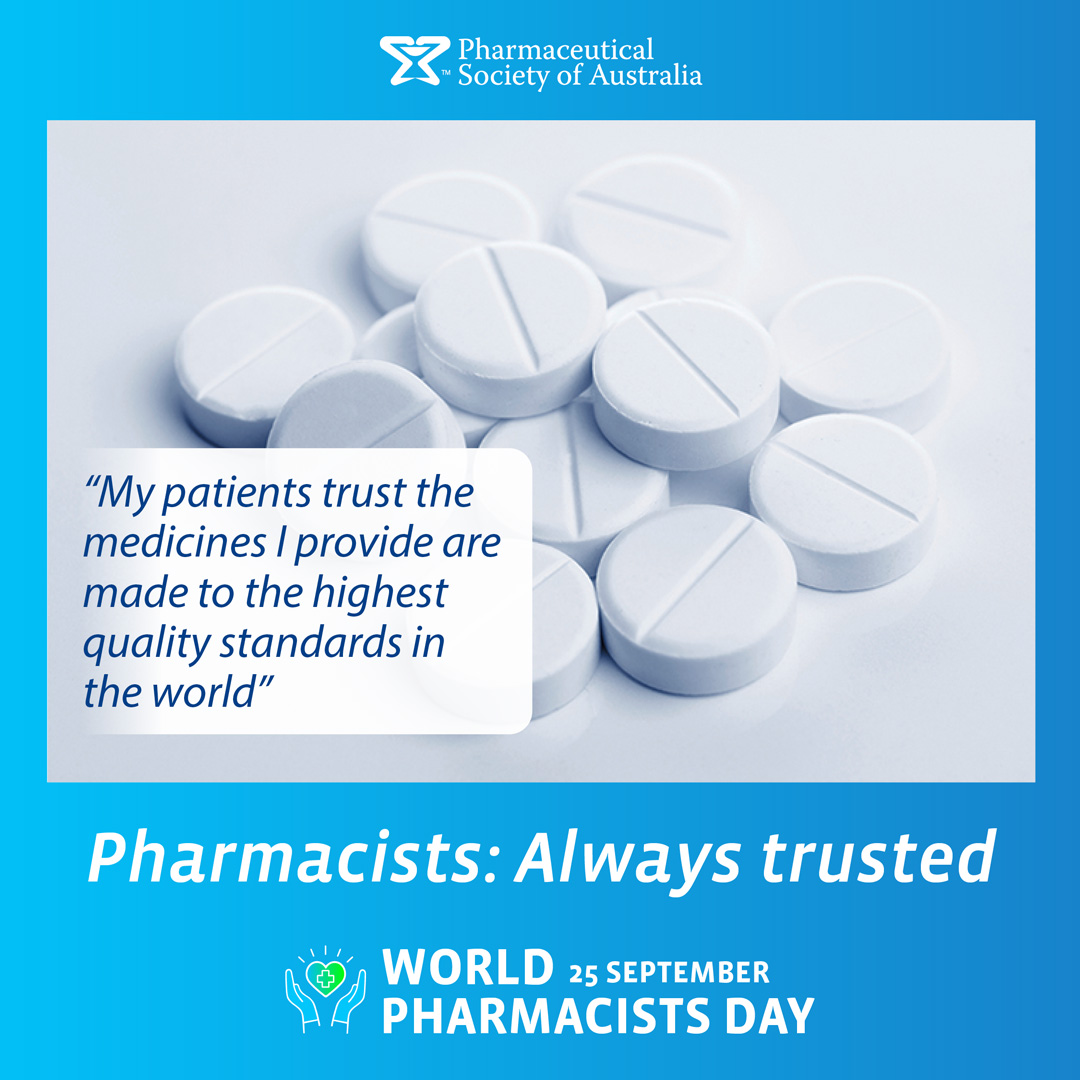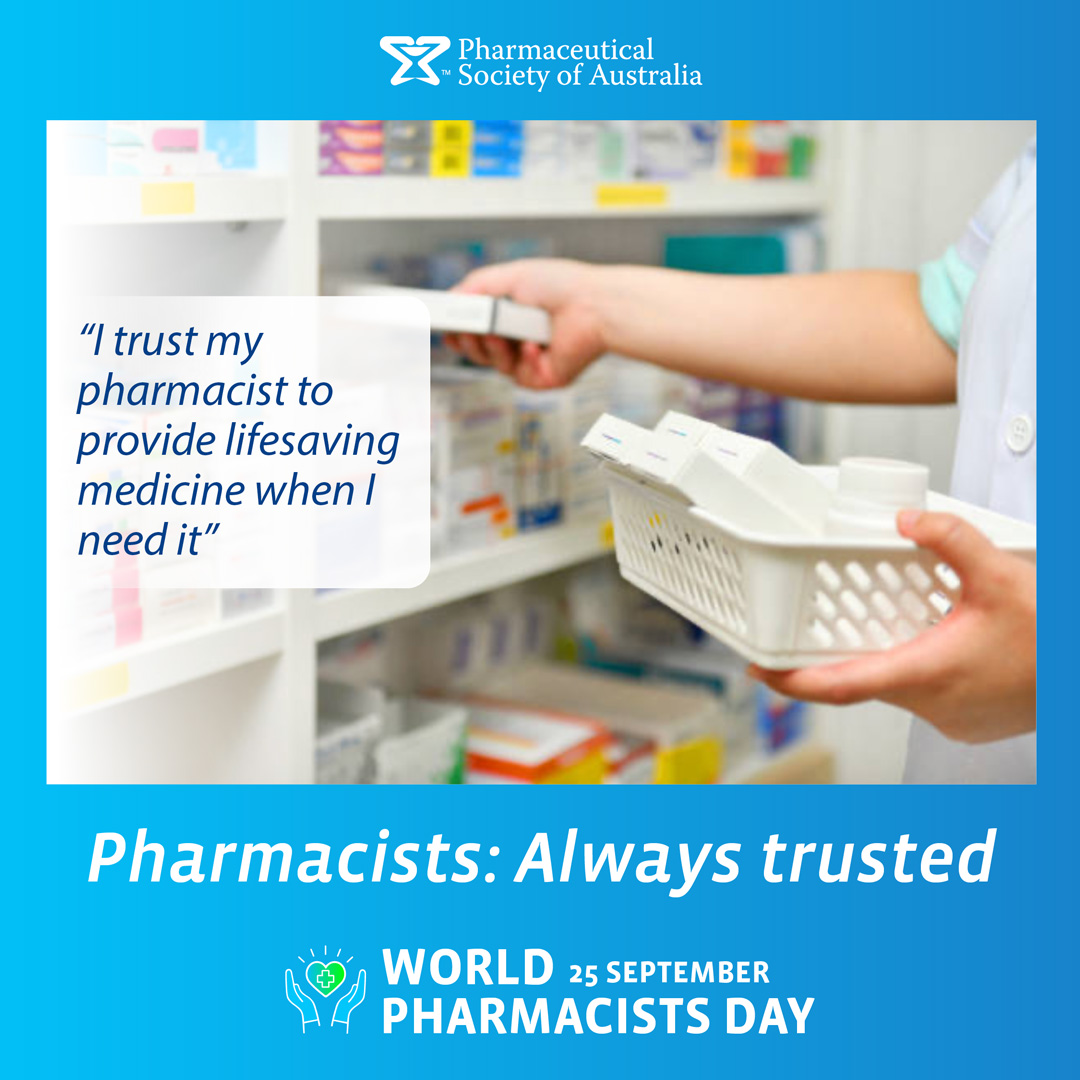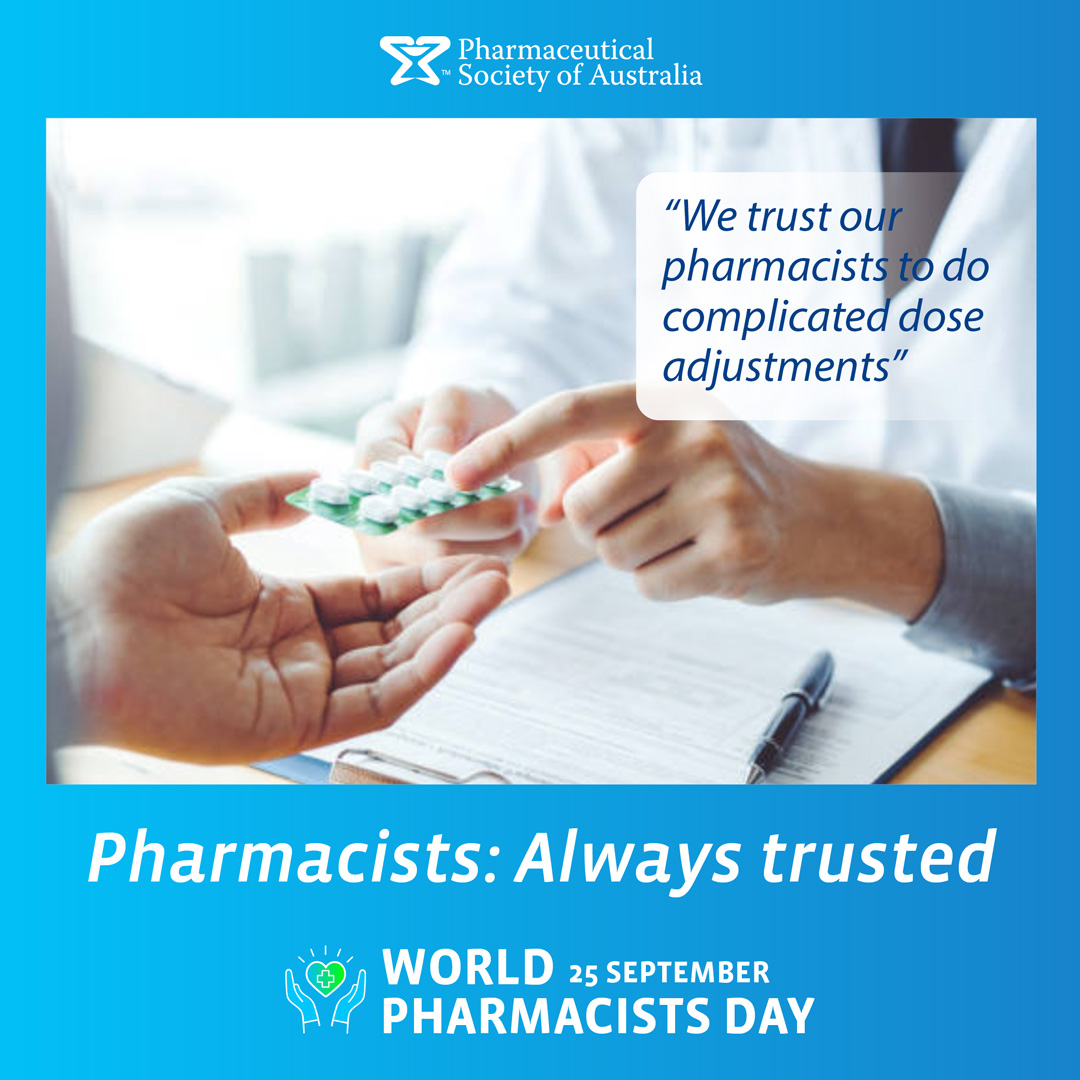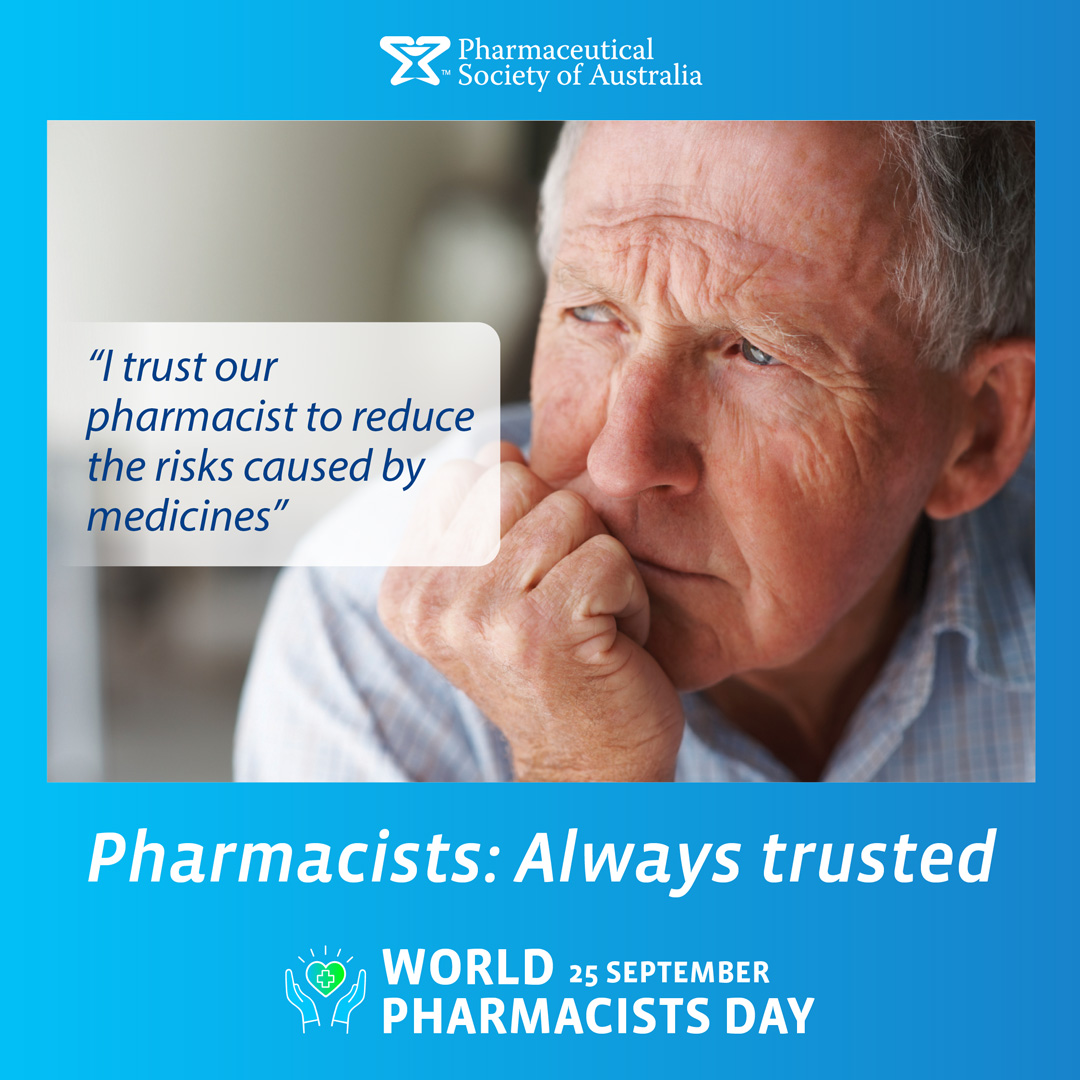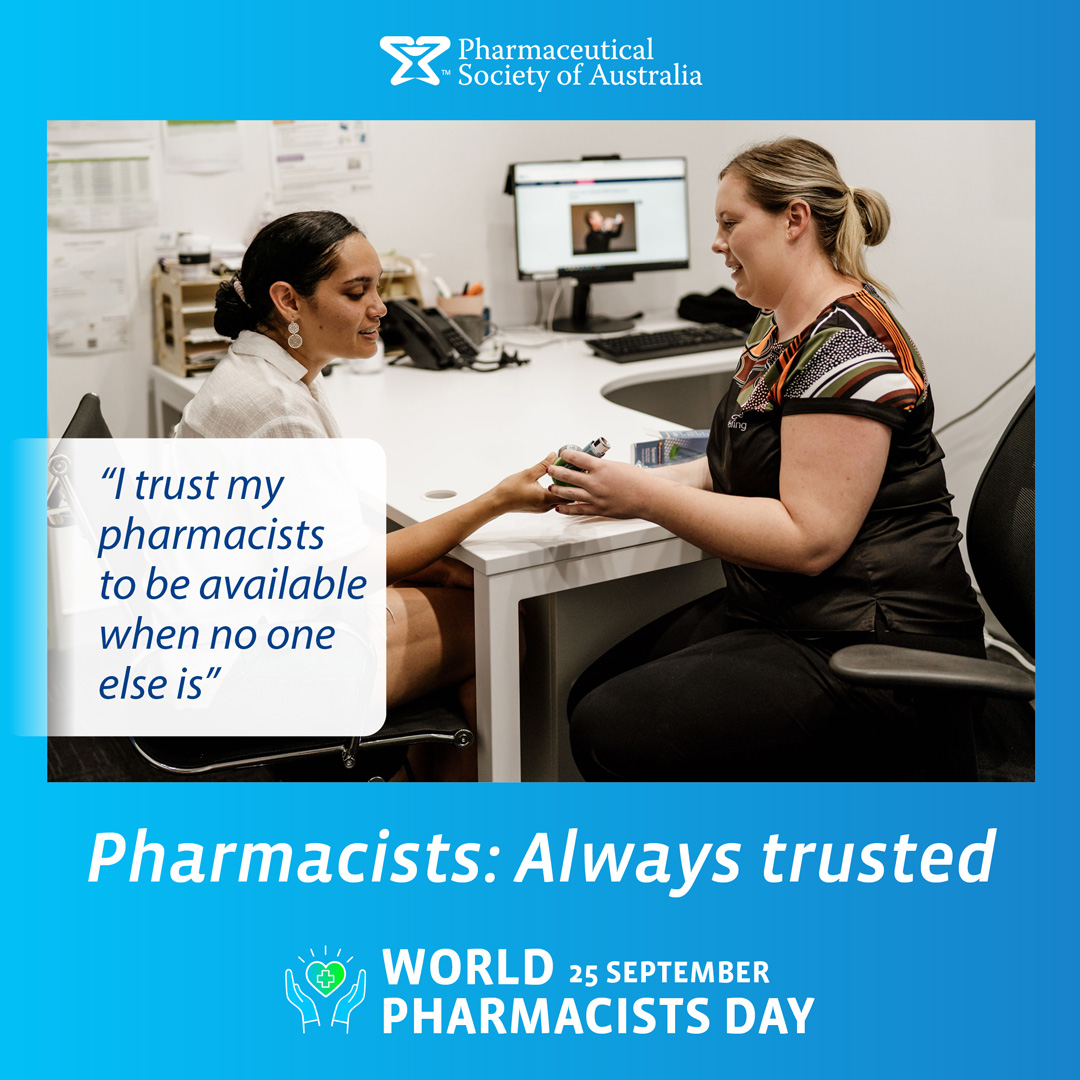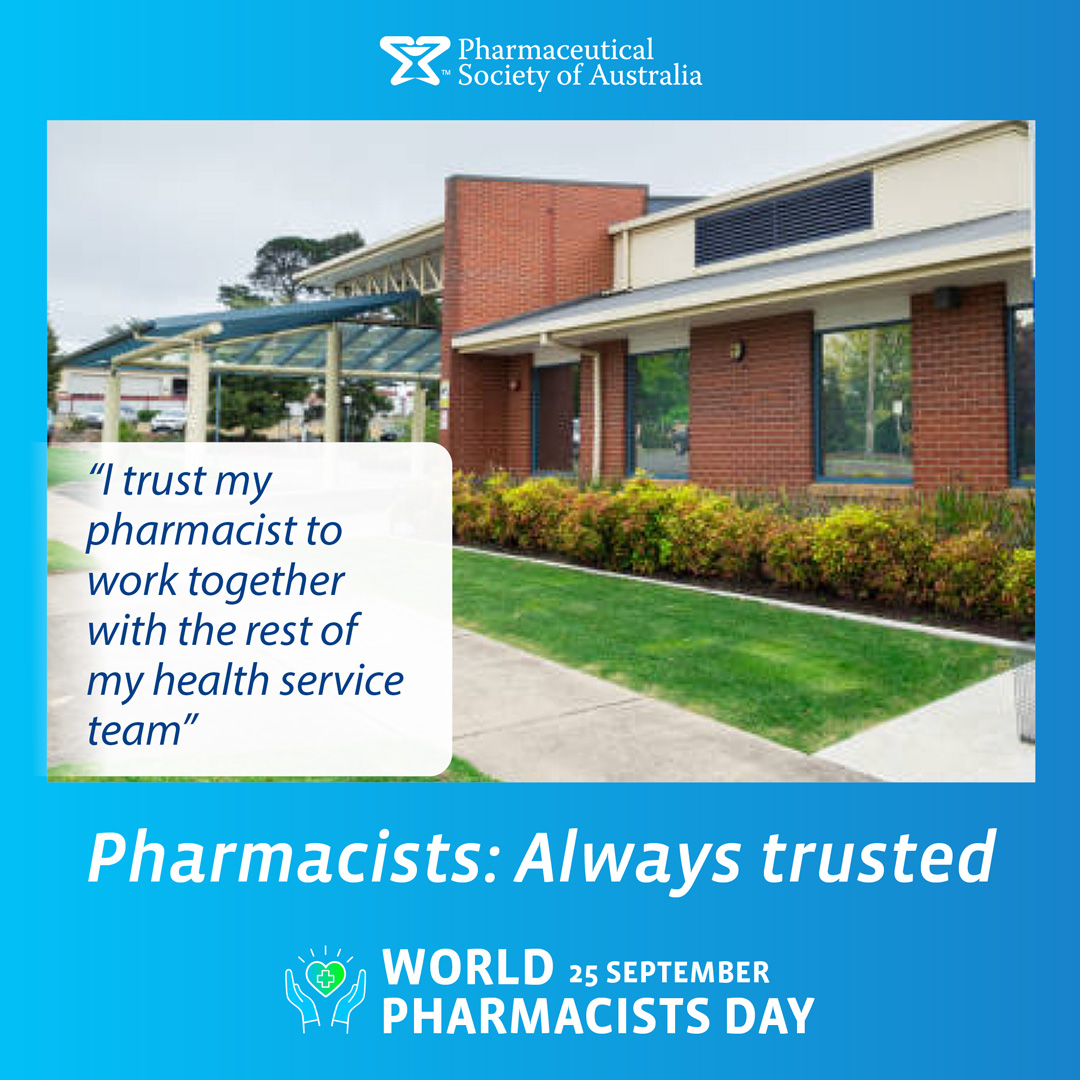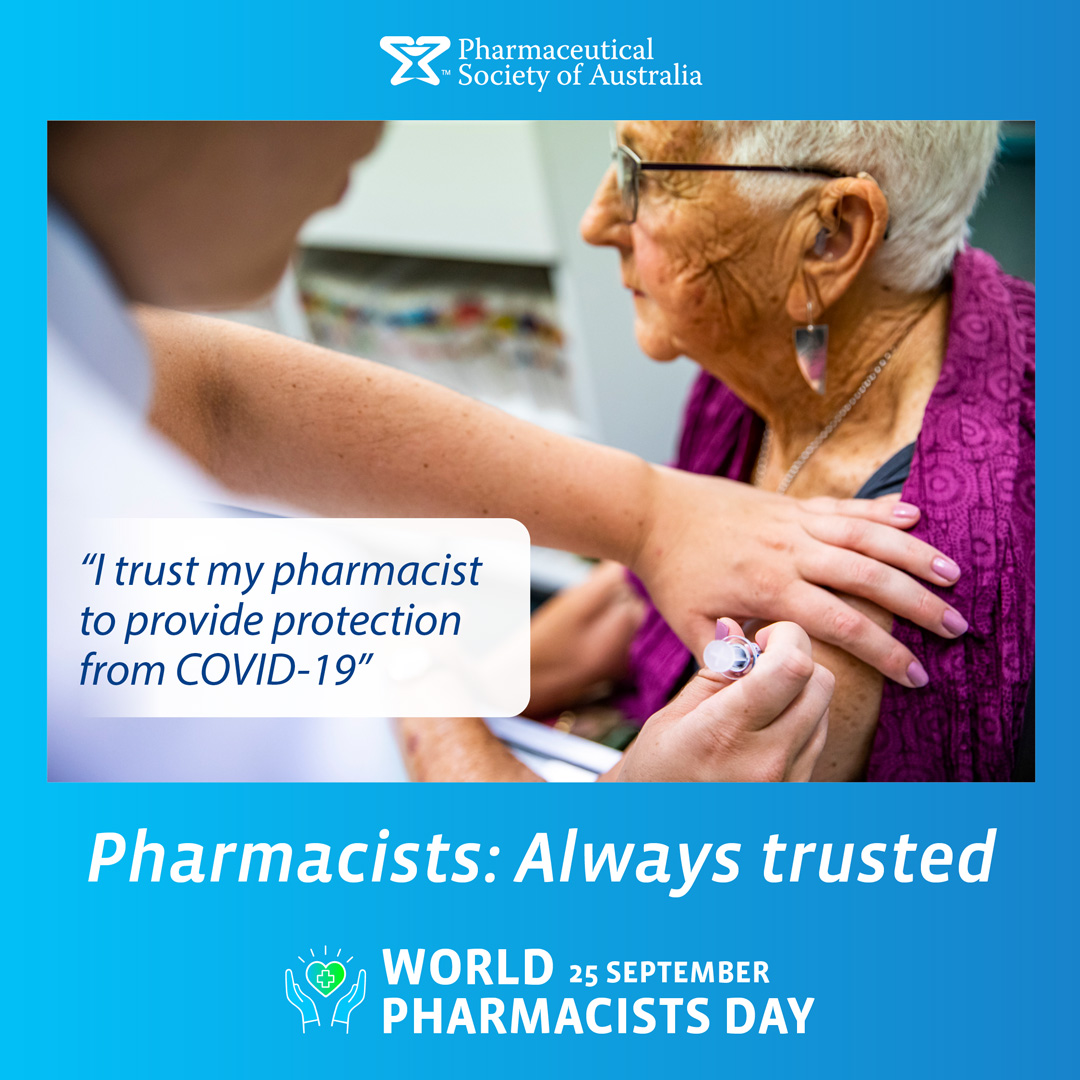Pharmacist-administered COVID-19 vaccinations surge, reaching 500k
Pharmacists across the country have achieved yet another significant milestone in the vaccine rollout, according to data from the Australian Immunisation Register (AIR).
Pharmacists have now administered over 500k COVID-19 vaccines through community pharmacies, this is in addition to the many thousands administered by pharmacists in vaccination hubs, General Practice and other settings.
The National President of the Pharmaceutical Society of Australia (PSA), A/Prof Chris Freeman, commended Australia’s pharmacist immunisers for their continued efforts, and welcomed the additional 1 million doses of the Moderna vaccine, announced by the Morrison Government yesterday.
“In just a few short weeks, pharmacists have administered over half a million doses of the COVID-19 vaccine to Australians – and I applaud all of the country’s pharmacist immunisers for their dedication to protecting their communities, especially those in hotspot areas where the risk of exposure remains high.
“With Moderna becoming available exclusively in community pharmacies over the next few weeks, and with pharmacists now allowed to vaccinate those over the age of 12 with Moderna, we expect these numbers to grow rapidly.
“PSA commends Minister Hunt and the Morrison Government for securing an additional 1 million doses of supply, ensuring that the first group of approved Australian pharmacies are well stocked with Moderna in order to protect their communities against this disease.
“As the data shows, pharmacists have put a significant dent in vaccination targets already – and with increased vaccine choice, they will play a significant role in further reducing the ambivalence and hesitancy amongst their local communities.
“As there is now a third of eligible Australian’s vaccinated with two doses, we have some way to go before we can rest easy, but I know the pharmacist profession is up to the challenge,” A/Prof Freeman said.
PSA looks forward to the rollout of the Moderna vaccine and is dedicated to supporting pharmacists in delivering all COVID-19 vaccines both safely and effectively to the public.
Media contact: PSA media 0424 777 463
